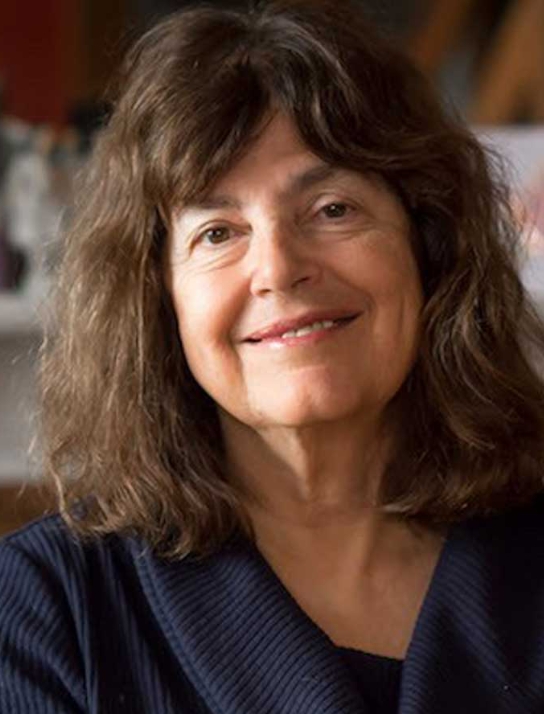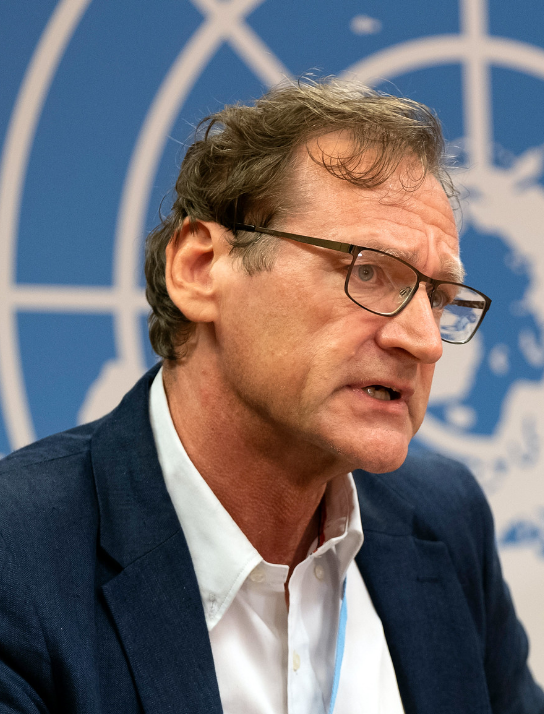As the era of development nears its seventh decade, and in the context of a much changed world since its inception, it warrants posing the question of whether development studies can be infused with new life, or whether we should instead actively wish for its tactful but steady evanescence. After reviewing some of the landmarks of development theory according to its three main paradigms (liberal, Marxist, and poststructuralist theories), this presentation discusses current debates on post-development, with special attention to the emergence of trends centered on Buen Vivir, autonomy, and a re-conceptualization of the communal in Latin America, particularly in the context of territorial struggles against extractivism. The last section presents some work in progress by the author on the interrelation between design, (post)development, and civilizational transitions.






